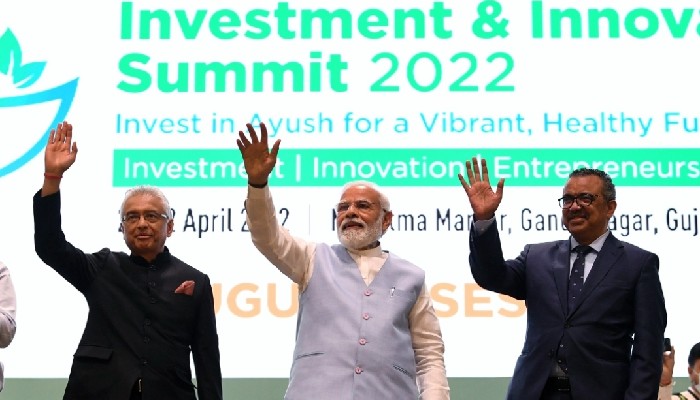Global SDG targets were unlikely to be met without India’s contributions, Hardeep Singh Puri said
Planning for low-carbon cities will be necessary to achieve the Sustainable Development Goals (SDGs) in India, Union Housing and Urban Affairs Minister Hardeep Singh Puri has said.
Addressing an event to mark the UN World Habitat Day 2021 today, he said global SDG targets were not likely to be met without India’s contributions.
He called for promoting new and innovative low-carbon technologies that ensure housing for all, service delivery for all, better mobility for all, and place people at the forefront of sustainable urban development.
The theme of the event was “Accelerating Urban Action for a Carbon-free World”.
India recognises the importance of its cities in the country’s transformation as India’s urban areas are expected to contribute to as much as 70 percent of the national GDP by 2030, Puri said.
The increasing global urban footprint makes more energy demands in cities which are already responsible for 78 percent of global energy consumption and 70 percent of Greenhouse Gas (GHG) emissions, the minister noted.
He pointed out the climate change makes human settlements vulnerable, especially the marginalised and urban poor, who are exposed to extreme weather events.
India was the seventh most-affected country by climate change in 2019, with most of the impact being felt by its cities, he said.
Puri, however, pointed out that India’s per capita emission of greenhouses gases was quite low as compared to other developed countries.
India’s cumulative CO2 emissions from 1870–2017 is very less- it is only 3%, as compared to the 25% of USA, 22% of the EU and UK, and 13% of China, the Minister said.
On the Indian Urban Mission’s contribution to climate action, Puri said that the urban Missions like the Swachh Bharat Mission, Pradhan Mantri Awas Yojana, Smart Cities Mission, Urban Transport, and AMRUT launched by the Modi Government, have contributed immensely to reducing GHG emissions.
Not only were these Missions part of the most comprehensive urbanisation programmes, they are also important components of our response to climate change, he explained.
On the use of sustainable and energy-efficient methods in building houses under the Pradhan Mantri Awas Yojana (PMAY), he said that certified green buildings can deliver energy savings between 20-30 percent and water savings of up to 30-50 percent.
Speaking about the urban transport system, the Minister said that India was expanding the robust public transport system such as Metro trains.
Currently, 721 km of metro line are operational in 18 cities and a network of 1,058 km of metro network is under construction in 27 cities across the country, thereby reducing emissions concerns, he added.
 Contact Us
Contact Us  Subscribe Us
Subscribe Us









 Contact Us
Contact Us
 Subscribe
Subscribe
 News Letter
News Letter

